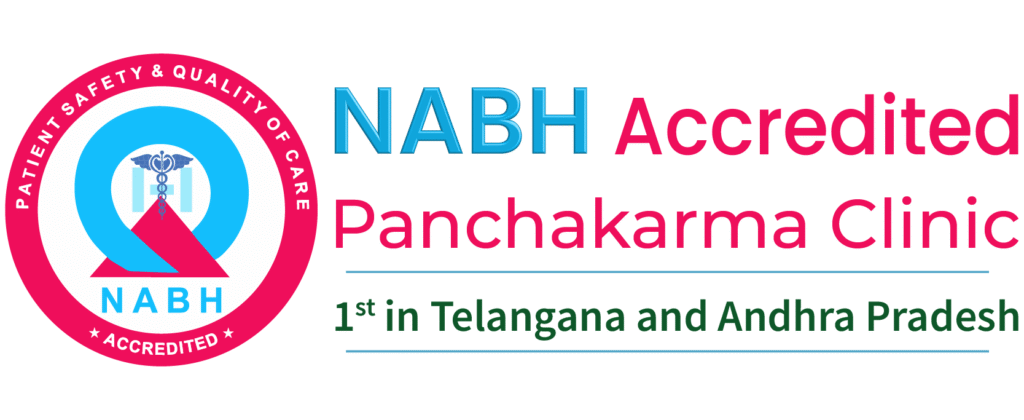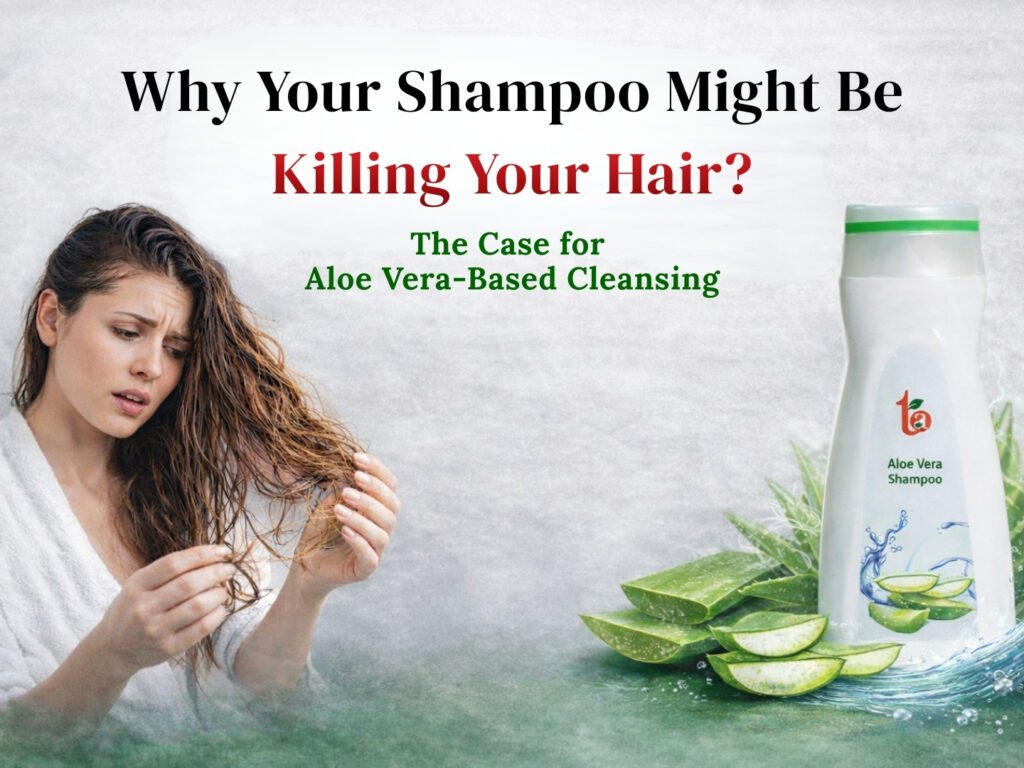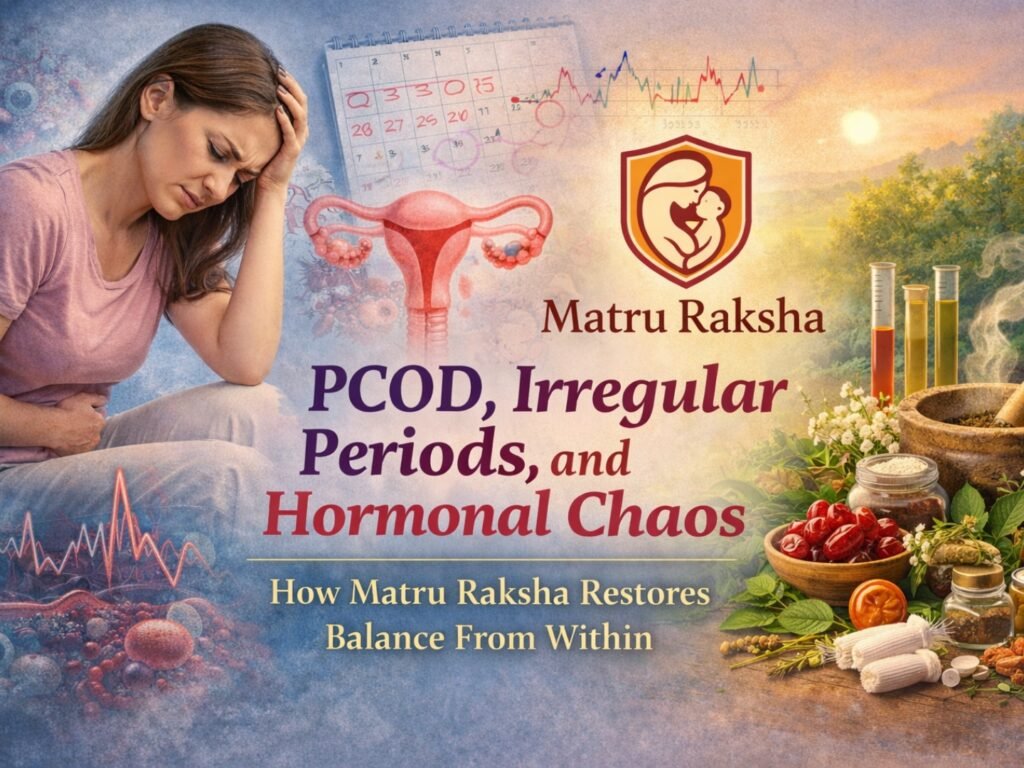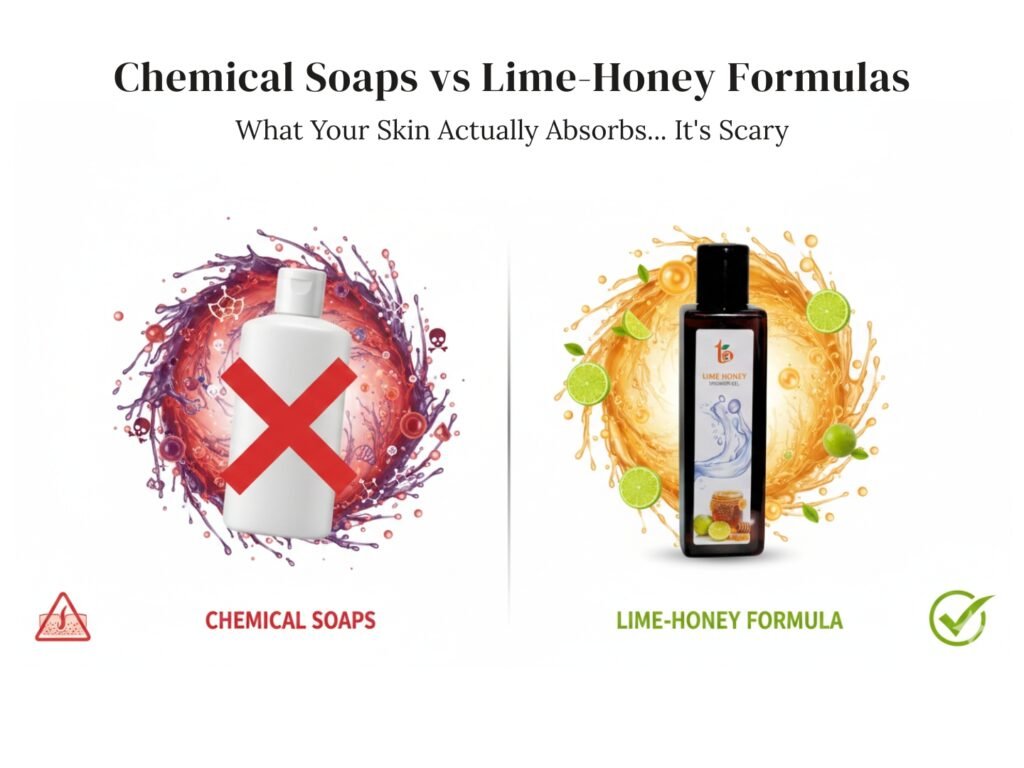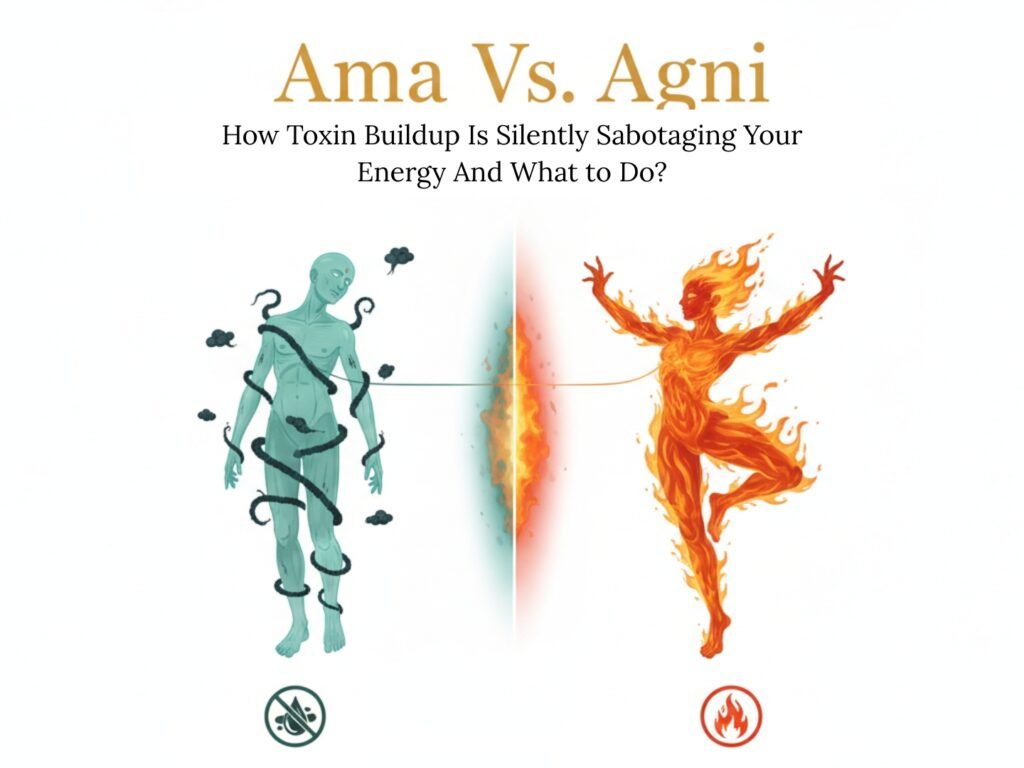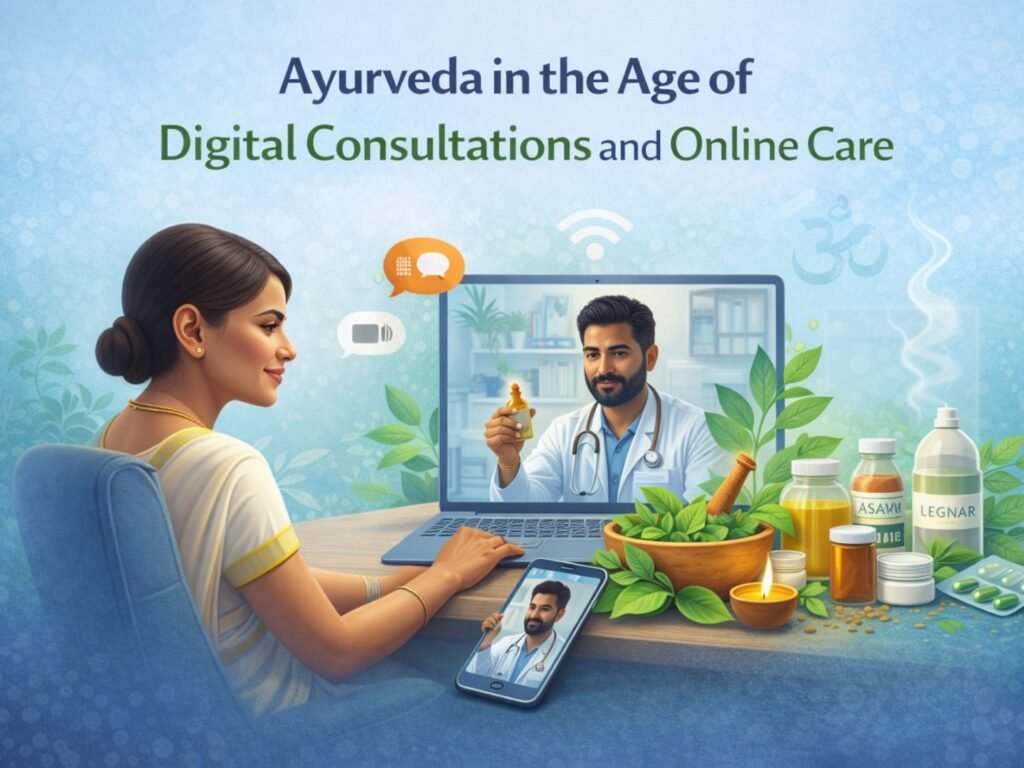Skin diseases during the monsoon, like fungal infections, eczema flare-ups, acne breakouts, and dermatitis, are common due to the warm, humid weather. Preventive measures include keeping skin dry, using antifungal powders, moisturizing for eczema, consistent skincare routine for acne, and avoiding irritants. Heat rash can be prevented by wearing breathable clothing and using talcum powder. Psoriasis and skin allergies can worsen in the monsoon, emphasizing the need for regular moisturizing and consulting a dermatologist. Understanding these ailments and taking proactive steps are essential for skin health during the monsoon. For holistic treatment, you may consider visiting an ayurvedic hospital in Bangalore.
Fungal Infections
Fungal infections are a common skin condition that tends to proliferate during the monsoon season due to the warm and humid environment, posing a significant challenge for many individuals. These infections are caused by various fungi that thrive in damp areas, leading to symptoms such as redness, itching, peeling of the skin, and sometimes even blisters. Common types of fungal infections during the monsoon include ringworm, athlete’s foot, and yeast infections.
Preventive measures play an important role in managing fungal infections. Keeping the skin dry, especially in areas prone to sweating, wearing loose-fitting clothing, and using antifungal powders can help prevent these infections. Additionally, maintaining good hygiene practices, such as regular bathing and changing into dry clothes, can aid in reducing the risk of fungal growth on the skin. Ayurvedic treatment for skin diseases in Bangalore can also be beneficial for managing fungal infections.
Early detection and treatment are essential in combating fungal infections. Consulting a dermatologist for proper diagnosis and prescription of antifungal medications can effectively treat these conditions and prevent them from worsening. Proper care and attention to personal hygiene are key in managing and preventing fungal infections during the monsoon season. Ayurvedic treatment for skin diseases in Hyderabad, offering holistic approaches to maintaining healthy skin during the monsoon.
Eczema Flare-ups
Experiencing an increase in eczema flare-ups is a common concern for individuals during the monsoon season, as the high humidity levels can exacerbate this chronic skin condition. Eczema, also known as atopic dermatitis, is characterized by red, inflamed, itchy patches on the skin. The moisture in the air during the monsoon can lead to increased sweating, which can further irritate the skin and trigger eczema flare-ups.
To prevent eczema flare-ups during the monsoon, it is essential to maintain good skincare practices. Keeping the skin well-moisturized using emollients or moisturizers can help create a protective barrier and prevent excessive dryness. Avoiding harsh soaps and opting for gentle, fragrance-free skincare products can also help reduce irritation. Additionally, wearing loose, breathable clothing made from natural fabrics like cotton can help prevent excessive sweating and irritation. Best ayurvedic treatment for eczema in Bangalore offers effective remedies for managing eczema symptoms.
In case of severe flare-ups, it is advisable to consult a dermatologist for proper management and treatment. They may prescribe topical corticosteroids or other medications to help calm inflammation and relieve itching associated with eczema flare-ups. Ayurvedic doctors in Bangalore can provide personalized treatment plans for eczema.
Acne Breakouts
The monsoon season can also contribute to an increase in acne breakouts due to the combination of high humidity levels and excess oil production on the skin. The humid weather during monsoon can lead to clogged pores, providing a perfect environment for acne-causing bacteria to thrive. Excessive sweating further aggravates the situation by mixing with oil and dead skin cells, leading to inflammation and breakouts.
To prevent acne breakouts during the monsoon season, it is essential to maintain a consistent skincare routine. Cleansing the face twice a day with a gentle cleanser can help remove excess oil and impurities. Using non-comedogenic moisturizers and sunscreen is vital to prevent pore clogging. Additionally, incorporating exfoliation into the skincare regimen can help unclog pores and remove dead skin cells. Kerala ayurvedic clinic in Visakhapatnam offers effective acne treatments.
Avoid touching the face with dirty hands, as it can transfer bacteria and dirt, exacerbating acne. In case of persistent or severe acne, consulting a dermatologist for personalized treatment options is recommended. By following a proper skincare routine and maintaining good hygiene, one can effectively prevent and manage acne breakouts during the monsoon season. Kerala ayurvedic doctors in Bangalore can also provide specialized treatments for acne.
Heat Rash
Heat rash, also known as prickly heat, is a common skin condition that occurs during the monsoon season due to excessive sweating and blocked sweat ducts. This condition manifests as small red bumps or blisters on the skin, often accompanied by itching and a prickling sensation. Heat rash typically occurs in areas where sweat becomes trapped, such as the neck, back, groin, and armpits.
To prevent heat rash during the monsoon season, it is essential to keep the skin cool and dry. Wearing loose-fitting clothes made of breathable fabrics like cotton can help prevent excessive sweating and reduce the risk of blocked sweat ducts. Taking cool showers frequently and using talcum powder to absorb excess moisture can also aid in preventing heat rash. For more comprehensive care, you can visit the best ayurvedic clinic in Hyderabad.
In most cases, heat rash resolves on its own once the skin is able to breathe and sweat freely again. However, if the symptoms persist or worsen, it is advisable to consult a dermatologist for proper evaluation and treatment. Ayurvedic pain management treatment in Hyderabad can provide relief from discomfort caused by heat rash.
Dermatitis
Dermatitis refers to inflammation of the skin that can result from various causes, including allergic reactions, irritants, or environmental factors. During the monsoon season, two common types of dermatitis that individuals may experience are contact dermatitis and seborrheic dermatitis.
Contact dermatitis occurs when the skin comes into direct contact with an irritant or allergen, leading to redness, itching, and sometimes blistering. In the monsoon, increased humidity can make the skin more susceptible to irritants like wet clothes, soap, or certain plants. Best ayurvedic doctors in Hyderabad can help manage contact dermatitis symptoms.
Seborrheic dermatitis is a common condition characterized by red, itchy, and flaky skin, often affecting the scalp, face, or chest. The humid weather during the monsoon can exacerbate seborrheic dermatitis due to the proliferation of yeast on the skin. Best ayurvedic doctor in Hyderabad can offer effective treatment options for seborrheic dermatitis.
To prevent dermatitis during the monsoon season, it is essential to keep the skin clean and dry, avoid irritants, use gentle skincare products, and consult a dermatologist for proper diagnosis and treatment if symptoms persist. Top ayurvedic clinic in Hyderabad provides comprehensive care for dermatitis.
Prickly Heat
During the monsoon season, individuals often experience a common skin condition known as prickly heat, characterized by small red bumps and itching due to sweat trapped beneath the skin. Prickly heat, also known as miliaria, occurs when sweat ducts become blocked, causing sweat to accumulate beneath the skin and leading to inflammation. This condition is more prevalent in humid climates, like during the monsoon season, as the excess moisture hinders proper evaporation of sweat.
To prevent prickly heat, individuals should wear loose-fitting clothing made of breathable fabrics, such as cotton, to allow better air circulation and reduce sweat buildup. Taking cool showers frequently and staying in well-ventilated areas can also help prevent this skin condition. Additionally, using talcum powder or anti-prickly heat powders can aid in absorbing excess moisture and preventing blockage of sweat ducts. Ayurvedic treatment for skin diseases in Visakhapatnam can also provide effective remedies for prickly heat.
If prickly heat develops, it is essential to keep the affected area clean and dry to prevent further irritation. Most cases of prickly heat resolve on their own once the skin is able to breathe and sweat ducts are no longer blocked. Consulting an ayurvedic hospital in Bangalore can also provide relief from prickly heat symptoms.
Psoriasis Aggravation
Psoriasis aggravation can be a significant concern for individuals during the monsoon season, as the increased humidity and moisture levels can trigger flare-ups of this chronic skin condition. Psoriasis is a non-contagious autoimmune disease characterized by red, scaly patches on the skin, often causing discomfort and affecting one’s quality of life. The monsoon’s damp environment can exacerbate symptoms, leading to itchiness, pain, and even joint stiffness in some cases.
To mitigate psoriasis aggravation during the monsoon, individuals should focus on maintaining good skin hygiene. Regularly bathing with lukewarm water and mild, fragrance-free soaps can help. Moisturizing frequently, especially after bathing, is important to lock in hydration and prevent excessive dryness that can worsen psoriasis symptoms. Wearing loose, breathable clothing made from natural fabrics like cotton can also aid in reducing irritation. Best ayurvedic treatment for psoriasis in Vizag offers effective solutions for managing psoriasis symptoms.
Seeking advice from a dermatologist for personalized treatment and management strategies tailored to individual needs is essential. By being proactive and following these preventive measures, individuals can better manage psoriasis flare-ups during the monsoon season. Best ayurvedic hospital in Bangalore provides comprehensive care for psoriasis patients.
Skin Allergies
Skin allergies can manifest in various forms, presenting challenges for individuals during the monsoon season. The increased humidity and moisture during this time can exacerbate skin allergies, leading to symptoms such as itching, redness, rashes, and inflammation. Common triggers for skin allergies during the monsoon include mold spores, dust mites, and dampness, which can irritate the skin and cause allergic reactions.
To prevent skin allergies during the monsoon, it is essential to maintain good hygiene practices, such as regularly washing and drying the skin, especially after being exposed to rain or high humidity. Wearing loose, cotton clothing can also help prevent irritation and allow the skin to breathe. Additionally, keeping the living environment clean and free from mold and dust can reduce exposure to allergens. For more holistic treatments, you may consider visiting the best ayurvedic doctors in Hyderabad.
If skin allergies persist or worsen during the monsoon season, it is advisable to consult a dermatologist for proper diagnosis and treatment. Using mild soaps, hypoallergenic skincare products, and moisturizers can also help alleviate symptoms and maintain healthy skin during this challenging time. Ayurvedic clinic in Hyderabad offers specialized treatments for skin allergies.
